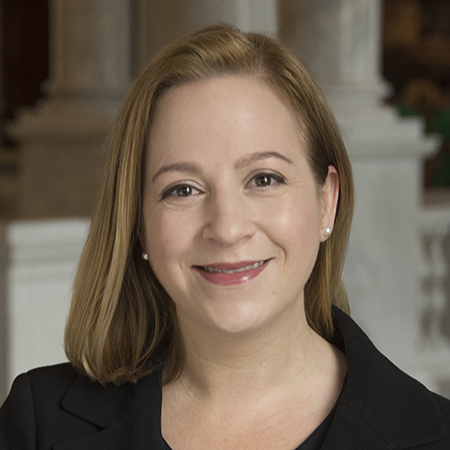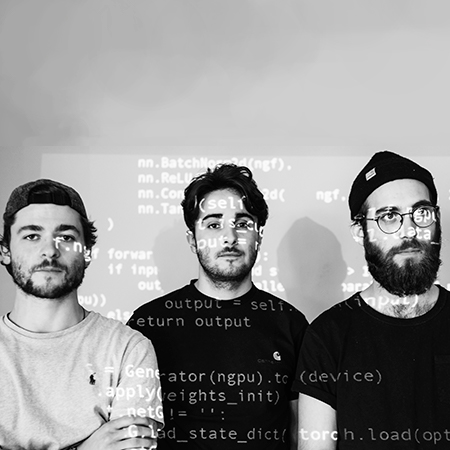Copyright Law and Machine Learning for AI: Where Are We and Where Are We Going?
Co-Sponsored by the United States Copyright Office and the United States Patent and Trademark Office

On October 26, 2021, the U.S. Copyright Office and the U.S. Patent and Trademark Office held a conference on machine learning and copyright law. Panelists explored machine learning in practice, how existing copyright laws apply to the training of artificial intelligence, and what the future may hold in this fast-moving policy space.
Video of the conference is available above and you can download the full agenda here.
Panel 2: How Existing Copyright Regimes Address Issues Relating to Machine Learning
-

Daniel Gervais
-

Catherine Zaller Rowland
-

Tim Hwang
-

Benjamin Sobel
Panel 3: What’s Next?
-

Peter S. Menell
-

Mary Rasenberger
-

Dave Green
-

Chris Mohr
Introduction
Introductory remarks provided by:
Description
- Michael Shapiro, Senior Counsel, Policy and International Affairs, U.S. Patent and Trademark Office
- Maria Strong, Associate Register of Copyrights and Director of Policy and International Affairs, U.S. Copyright Office
Machine Learning in Practice
Speakers shared examples of creators, technology companies, and researchers using machine learning. By way of exploring these examples, the panelists described and discussed the compilation of a learning database, intermediate copying in the learning process, and the output of machine learning. The presentations served as the factual background for the second panel discussion.
Description
How Existing Copyright Regimes Address Issues Relating to Machine Learning
This panel explored how the U.S. and other copyright regimes address issues relating to machine learning, including what rights are implicated and what exceptions may apply. Approaches to protection of data that does not qualify for copyright protection, as well as existing practices with respect to licensing of content used in machine learning, will also be addressed.
Description
What’s Next?
This panel evaluated the adequacy of the existing legal regimes to achieve the appropriate balance in regulating issues involved in the input and use of third-party content in machine learning and will consider alternative solutions, including expanded exceptions and limitations, collective licensing and/or remuneration rights, and sui generis data protection.
Description

